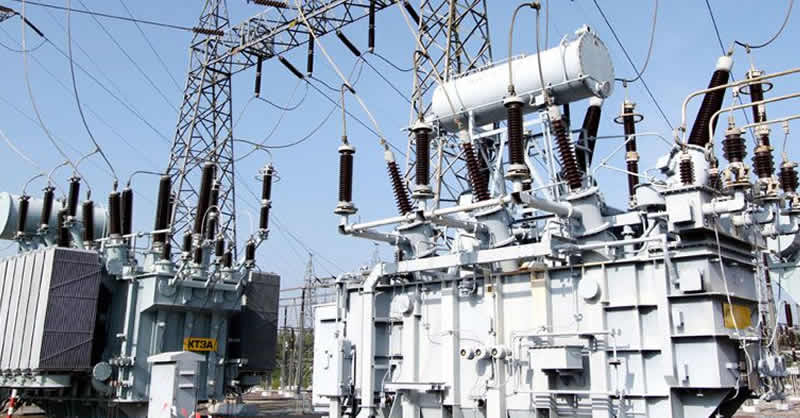Former President Muhammadu Buhari signed the Fifth Constitution Amendment Bills into law prior to his departure in 2023. Among other things, these bills moved electricity from the Exclusive Legislative List to the Current Legislative List, allowing state governments to invest in electricity generation, transmission, and distribution in areas that were connected to the national grid.
Although this would make the Nigeria Rural Electrification Agency (REA), which is owned by the Federal Government and has been supplying electricity to some rural and urban regions, obsolete, it should allow state governments to supply energy to their citizens in the same manner that they do water.
“No legislation since 1999 has excited Nigerian development stakeholders as much as this,” exclaimed Seye Opeleye, Director General of the Development Agenda for Western Nigeria (DAWN) Commission.
State governors must now be more bold in establishing and managing their own energy firms or persuade private groups to do so within their states as a result of the devolution of oversight of the nation’s power industry.
Beyond President Buhari’s actions, President Bola Tinubu has escalated the situation. He has signed the Electricity Amendment Bill, 2023, which gives state governments the authority to control not only the production, transmission, and distribution of electricity within their borders, but also its generation.
Tinubu’s little move is a huge stride that should help decentralize the electricity industry even more, give states greater authority over their energy infrastructure, attract private investment, and increase the nation’s electrical supply’s regularity.
Seven states currently control their electricity markets: Edo, Ekiti, Enugu, Imo, Kogi, Ondo, and Oyo. Before September 2025, the transitions in Lagos, Niger, Ogun, and Plateau States are anticipated to be finished.
Wet blanket skeptics are already criticizing the development, of course. Ironically, some so-called industry experts appear to have a very pessimistic assessment of the situation overall, while officials from the Nigerian Electricity Regulatory Commission (NERC) are voicing concerns about some states’ capacity to control their markets.
However, the more upbeat observers stress the significance of NERC and state regulatory collaboration, staff and agency capacity improvement, and the latter’s financial preparedness to make sufficient investments.
We remember with fondness previous Governor Tinubu’s boldness in establishing a power plant in Lagos State, even though we dare hope that the Niger Dam power facility can be turned over to the Niger State government under established payment protocols.
In a $800 million agreement, he persuaded Enron to operate a 90 megawatt independent power plant in the first phase and a 5409 megawatt thermal plant in the long run. But Olusegun Obasanjo ruined this magnificent attempt because his military background interfered with his ability to fulfill his duties as Nigeria’s democratically elected president.
Read Also: Youth Exodus: BANC Challenges FG to Act on Jobs, Migration Control
Lagos State residents and businesses needed consistent electricity, but President Obasanjo’s centralized approach thwarted Governor Tinubu’s plans.
However, state governors are now in a difficult position as a result of the President’s recent actions. They might not be able to justify not building or expanding power infrastructure in their states given the additional funding they currently get from the Federal Accounts Allocation Committee following the elimination of the gasoline subsidy.
The creation of jobs is the most direct benefit of increasing the state’s capacity to generate electricity. Naturally, as a result of greater economic activity, the states will eventually get more Internally Generated Revenue.
The model that divides generation, transmission, and distribution into silos is the reason why the electrical industry, which was partially privatized during the government of President Goodluck Jonathan, is not doing properly. Investors that purchased the legacy electrical firms also exhibited obvious management, financial, and technical incompetence.
Each market should be able to have one firm that produces, transmits, and distributes its own electricity in order to facilitate the operationalization of the new law.
In order to provide consistent electricity within their geopolitical zones, states ought to combine their resources. The Southwestern states, for example, might create a massive electrical corporation by combining their resources and utilizing economies of scale.
We urge media outlets and civil society organizations to closely monitor the new electricity rules’ implementation and hold state governments accountable for supplying electricity.



